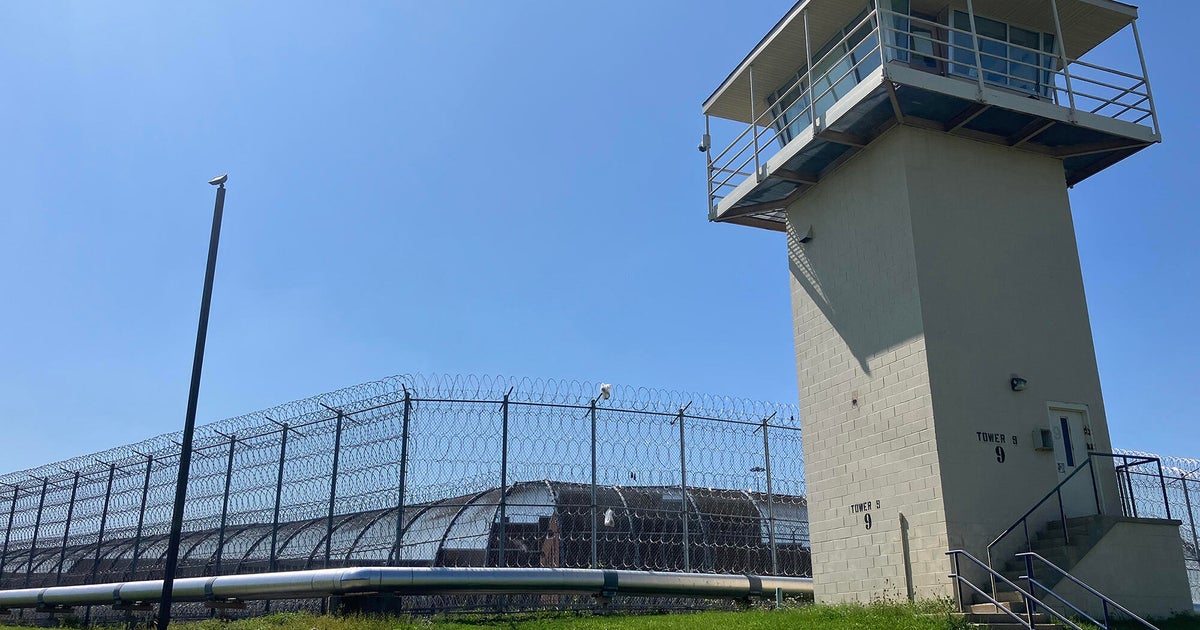Barr tells federal prisons to send inmates home in response to coronavirus outbreak
U.S. Attorney General William Barr on Thursday directed the Bureau of Prisons to increase the use of home confinement among older inmates with underlying conditions as a means to mitigate the spread of coronavirus within the country's prison system. As of Friday, 14 inmates and 13 staff members have tested positive for COVID-19 in federal facilities.
"There are particular concerns in this institutional setting. We want to make sure that our institutions don't become Petri dishes and it spreads rapidly through a particular institution. We have the protocols that are designed to stop that and we are using all the tools we have to protect the inmates," Barr said in a virtual press conference on Thursday.
According to the attorney general, the bureau holds 146,000 inmates spread across 122 facilities nationwide, not including the 21,000 inmates that are incarcerated in facilities run by private contractors. About 10,000 inmates are over the age of 60 years old, a third of which have pre-existing conditions.
In his memorandum to BOP Director Michael Carvajal, Barr explained why such an assessment is necessary given the current pandemic, "many inmates will be safer in BOP facilities where the population is controlled and there is ready access to doctors and medical care. But for some inmates, home confinement might be more effective in protecting their health."
The announcement comes after calls from criminal justice advocacy groups to reduce prison populations nationwide in order to avoid what could be a disastrous and dangerous spread of the virus. Kevin Ring, the president of Families against Mandatory Minimums, told CBS News his concern is that inmates will die unnecessarily if the bureau does not take "bolder" actions. Ring says officials should consider other avenues like compassionate release.
"I don't think it's enough," Ring said. "I think it's a small step in the right direction, but I think it's a peacetime move in a time of war."
Barr has asked the bureau to consider a range of discretionary factors when determining which inmates should qualify for home confinement, which is when prisoners serve their sentence from their own home under the bureau's control. Some of the considerations include the age and vulnerability of the inmate to COVID-19, the inmate's conduct while in prison, and whether the inmate still poses a danger to the community based on his or her crime.
"We also have to provide to anyone who is released to home confinement is quarantined before they go out for 14 days to ensure that we are not putting people out in the community who have it," Barr said. "But we are now in the process of trying to expand home confinement as part of trying to control the spread of this infection."





